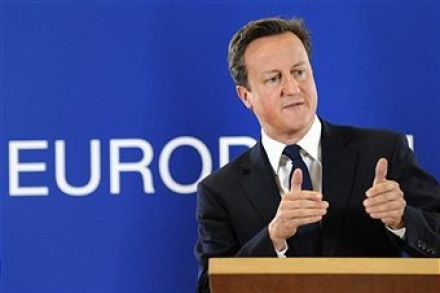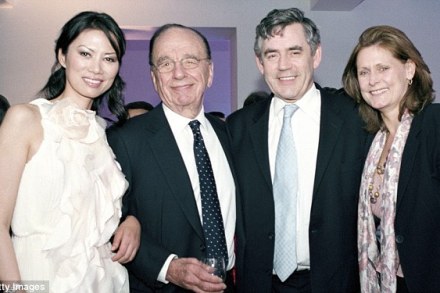Cameron passes test
The questions following David Cameron’s statement to the House of Commons have just finished. As Cameron answered 136 questions, it became increasingly clear that the immediate moment of political danger appears to have passed for the Prime Minister. By the end of the session, Cameron was even joking about inviting Mrs Bone to Chequers for the weekend. In his opening statement, Cameron placed far more distance between himself and Andy Coulson than he had before. For the first time, he expressed regret about the appointment. He told the House that, ‘With 20:20 hindsight – and all that has followed – I would not have offered him the job’. This recognition




















